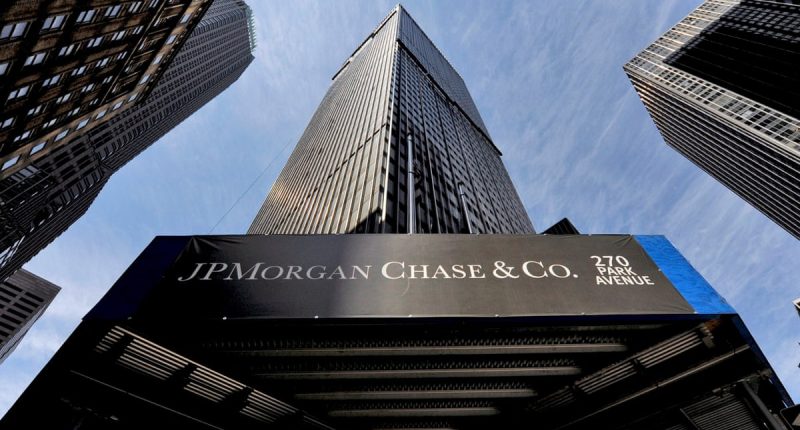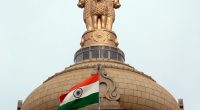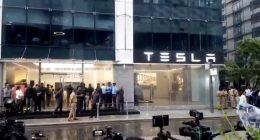As per an official statement by the Federal Deposit Insurance Corporation (FDIC) on Monday, JPMorgan Chase won the bidding to acquire the embattled lender First Republic Bank after the now-collapsed bank appointed the FDIC as the receiver. The bank itself was closed by the California Department of Financial Protection and Innovation, after which the regulator entered into a purchase and assumption agreement with JPMorgan Chase Bank to assume the entirety of First Republic Bank‘s assets and deposits.
The development marks the latest and third failure a bak in the U.S. (following the collapses of Silicon Valley Bank and Signature Bank). After the efforts to persuade rival lenders to keep First Republic Bank afloat failed to yield results, regulators announced that they were closing down the bank and selling all of its deposits and most of its assets to JPMorgan. The amounts are pretty substantial – as of April 13, 2023, the First Republic Bank had approximately $229.1 billion in total assets and $103.9 billion in total deposits. The auction itself was a pretty hurried affair — regulators scrambled all throughout the weekend to complete a deal to sell the crisis-hit bank in rider to mitigate additional turmoil in the market.
This continues to add to JPMorgan Chase’s already-considerable business operations, which is already the largest bank in the US. According to the statement by the FDIC, it submitted a bid for all of First Republic Bank’s deposits, and evidently, emerged as the winner of the auction. All losses on mortgages and commercial loans assumed by JPMorgan assumed will be shared by the FDIC, which will also provide it with a credit line of $50 billion.
This development is the most recent attempt by federal regulatory bodies to bolster the trust of consumers in the American banking system, which has experienced three significant bank failures in the last seven weeks. The collapse of these banks triggered a period of conjecture about the well-being of regional banks in the US, particularly those with a deposit base that is largely uninsured. “The banking system remains sound and resilient, and Americans should feel confident in the safety of their deposits and the ability of the banking system to fulfill its essential function of providing credit to businesses and families,” a spokesperson for the Treasury department added.
JPMorgan will get about $92 billion in deposits in the deal, including the $30 billion that it and other large banks put into the First Republic Bank last month. It noted that it bought $173 billion in loans and $30 billion in securities. Furthermore, it will make a payment of $10.6 billion to the FDIC, as well as return $25 billion in funds that other banks deposited with First Republic in March.
Going forward, the First 84 offices of the First Republic Bank across eight states will reopen as branches of JPMorgan Chase Bank, National Association, and all the depositors of the crisis-hit bank will become depositors of JPMorgan Chase Bank. They will have full access to all of their deposits, which will continue to be insured by the FDIC.
“The FDIC and JPMorgan Chase Bank, National Association, is also entering into a loss-share transaction on a single family, residential and commercial loans it purchased of the former First Republic Bank. The FDIC as a receiver and JPMorgan Chase Bank, National Association, will share in the losses and potential recoveries on the loans covered by the loss–share agreement. The loss–share transaction is projected to maximize recoveries on the assets by keeping them in the private sector. The transaction is also expected to minimize disruptions for loan customers. In addition, JPMorgan Chase Bank, National Association, will assume all Qualified Financial Contracts,” the FDIC noted in its press release.
“Our government invited us and others to step up, and we did,” said Jamie Dimon, CEO of JPMorgan. “This acquisition modestly benefits our company overall, it is accretive to shareholders, it helps further advance our wealth strategy, and it is complementary to our existing franchise.”





